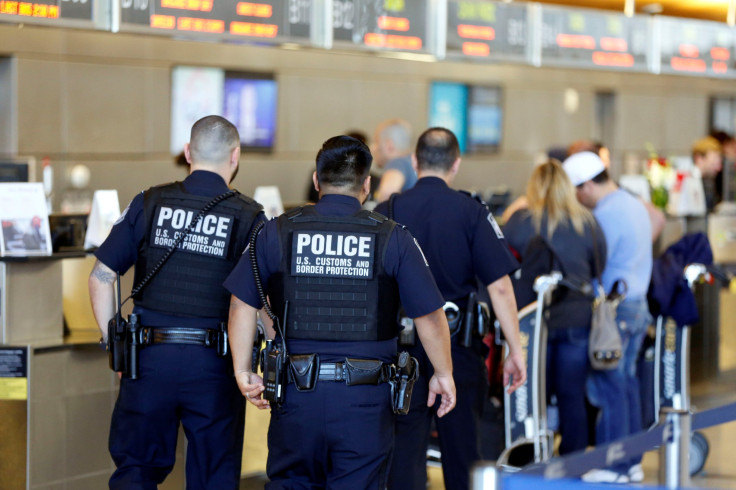Albanian Immigrant Sues US Customs For Seizing Life Savings

The United States Customs and Border Protection (CBP) is being sued by an Albanian immigrant who claimed the agents took his life savings through civil forfeiture in an airport in October.
Rustem Kazazi, a 64-year-old Cleveland resident, stated the agency took more than $58,000 from him during a strip-search when he was on his way to Albania, according to the court filings. However, Kazazi added, he was not charged with any crime.
Civil asset forfeiture is a legal procedure through which law enforcement agents seize assets from people who are suspected of criminal activity even if they are not charged.
Customs suspects Rustem Kazazi was involved in smuggling, drug trafficking or money laundering. Kazazi strongly denies those allegations and says the agency is violating federal law by keeping his money without filing any formal complaint against him.https://t.co/xgZqhHMIuR
— clevelanddotcom (@clevelanddotcom) June 1, 2018
The Washington Post reported this practice allowed the government to seize about $2 billion in assets, which was allegedly almost the same as the money and property taken annually in residential burglaries, according to an FBI statistics.
In Kazazi’s case, CBP said the agency suspected the former of being involved in drug trafficking, money laundering or smuggling. Kazazi had moved to the U.S. in 2005 with his family after retiring from the Albanian police and became the citizen of the country in 2010.
When the incident occurred, Kazazi was traveling to Albania to fix a family property and purchase a vacation home, due to which he was carrying the money in U.S. dollars.
When asked why he didn’t wire the money, Kazazi said, “The crime [in Albania] is much worse than it is here. … Other people that have made large withdrawals [from Albanian banks] have had people intercept them and take their money. The exchange rates and fees are [also] excessive,” the Washington Post reported.
Kazazi added another reason was that Albanian contractors preferred dollars over the local currency.
Recalling the incident, Kazazi said he arrived at Cleveland Hopkins International Airport on Oct. 24. He said he carried the cash along with the bank-withdrawal receipts. When the Transportation Security Administration officials found the cash during a routine check, they alerted the CBP, who led him to a small room and denied him an interpreter or even a call to his family.
“They asked me some questions, which I could not understand as they spoke too quickly,” Kazazi's declaration read. “I asked them for an interpreter and asked to call my family, but they denied my request.”
They proceeded to strip search him, which also led to nothing. The agents then took his money and gave him a receipt which did not list the dollar value of his cash.
Kazazi’s case has restarted a debate over the asset forfeiture practice, which has many defenders, including the Attorney General Jeff Sessions.
However, organizations such as the American Civil Liberties Union think the process is and can be used for abuse.
Kazazi’s attorney, Wesley Hottot, said, “The government can just take everything from you. … You have to affirmatively show you're not a criminal to get your own money back. You have to effectively prove a negative.”
A month later Kazazi received a seizure notice which said, “This is to notify you that Homeland Security Investigations (HSI) seized the property described below at Cleveland, OH on October 24, 2017: $57,330 in U.S. Currency. … Enforcement activity indicates that the currency was involved in a smuggling/drug trafficking/money laundering operation.”
Under federal law, the government was supposed to initiate a forfeiture case within 90 days after Kazazi responded to the seizure notice. The deadline passed, however, Kazazi has seen no case or money yet.
© Copyright IBTimes 2025. All rights reserved.





















